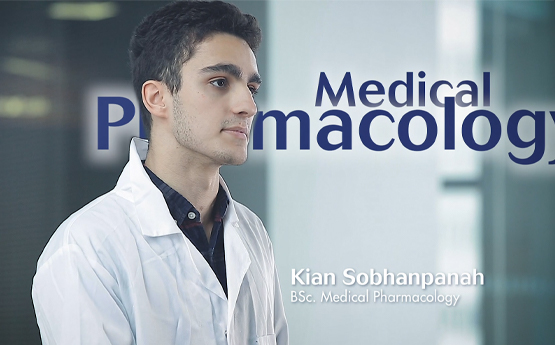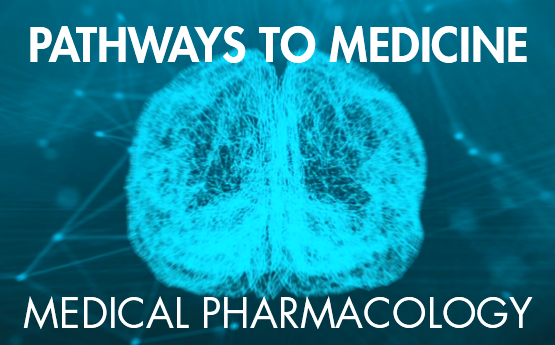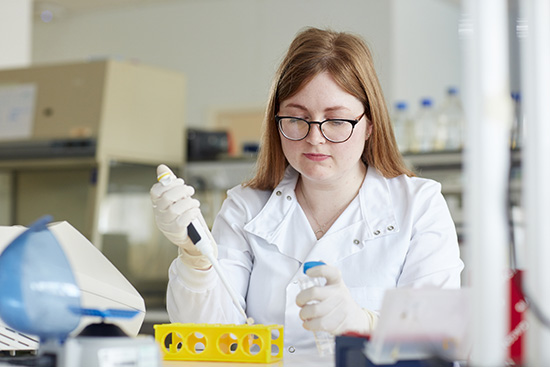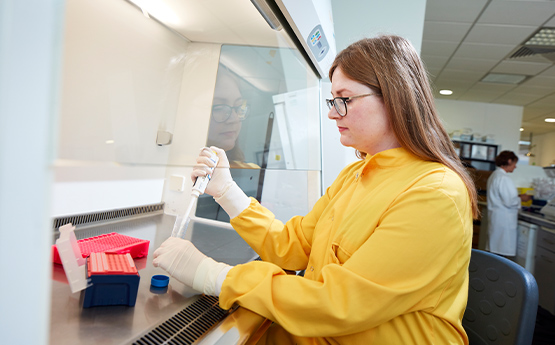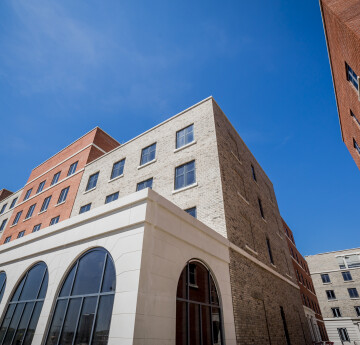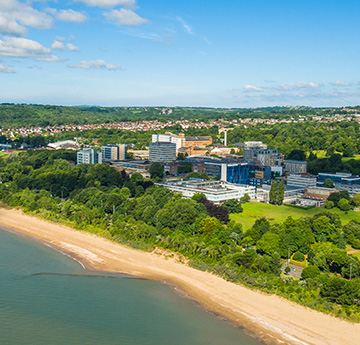Pharmacy and Pharmacology are two distinct disciplines – with similar goals of ensuring medicines are safe and effective for patients.
Pharmacology is the biomedical discipline concerned with the development of drugs and the study of the effects they have on the function of living organisms. Pharmacology today has a number of subfamilies including but not limited to:
- Pharmacokinetics
- Neuropharmacology
- Immunopharmacology
- Cancer pharmacology
Pharmacology is integral within many biomedical disciplines. You can find pharmacology present everywhere. In medicine cabinets, when you visit the dentists and when you take any type of medication. Pharmacologists may have specialised understanding on the impact of drugs on the body of living organism within certain therapeutic areas; such as cardiovascular pharmacology or gastrointestinal pharmacology. They may work as part of a multidisciplinary team including pharmacists in the drug design and development process. They may also be involved in research related to how drugs work and how they affect the body. Pharmacologists help improve current therapies as well as discover and develop new medicines for use in healthcare.
Pharmacy, on the other hand, is the vocational biomedical discipline that involves aspects of pharmacology, pharmaceutics, pharmaceutical chemistry, biochemistry, human physiology, pharmacy practice, clinical pharmacy.
Historically, pharmacy was seen as the science of preparing, preserving, compounding, and dispensing medicines. However, Pharmacy today involves drug discovery, design and development. It is a registered profession that has shifted from the dispensing of medicines to medicines’ management and the management of patients with complex needs. Pharmacists help develop and improve the use of current and new medicines in healthcare.
Pharmacists are expert in medicines, they are able to evaluate the clinical appropriateness of prescribed medicines, review and monitor patients, and signpost appropriately to ensure patient safety. Pharmacists today are involved in the development and utilisation of personalised medicines, CAR-T therapies and vaccines.
The study of pharmacy is like having a global passport degree, which enables you to work in community, hospital, industry, general practice (GP) academia, research, care home, regulatory affairs, prison, veterinary and military pharmacy. Many pharmacists today are independent prescribers and key members of multidisciplinary teams ensuring the provision of a seamless care.


